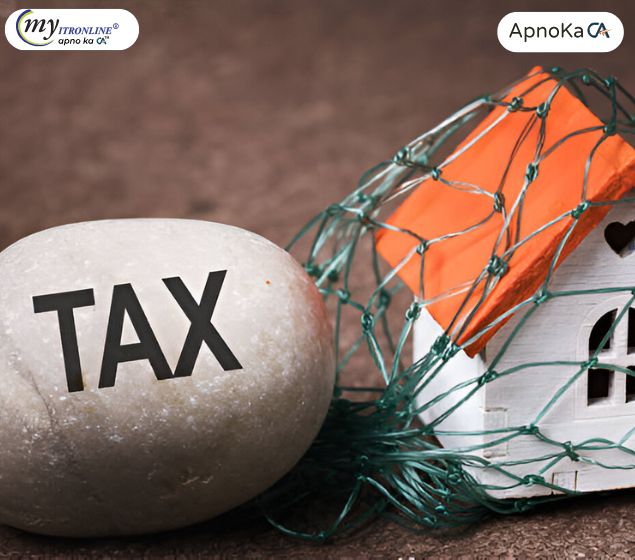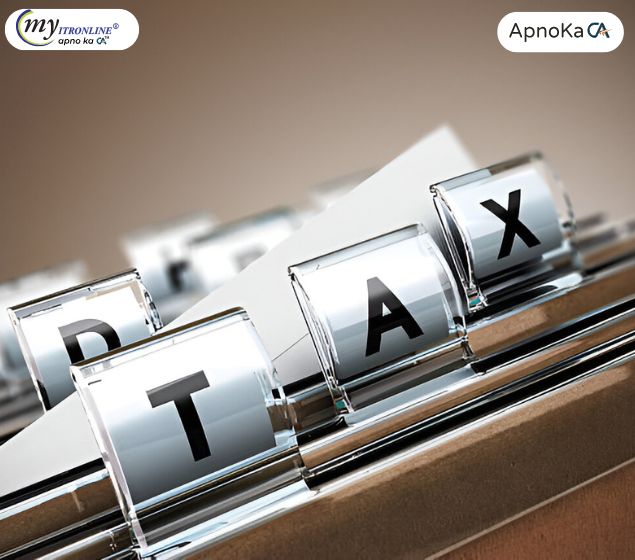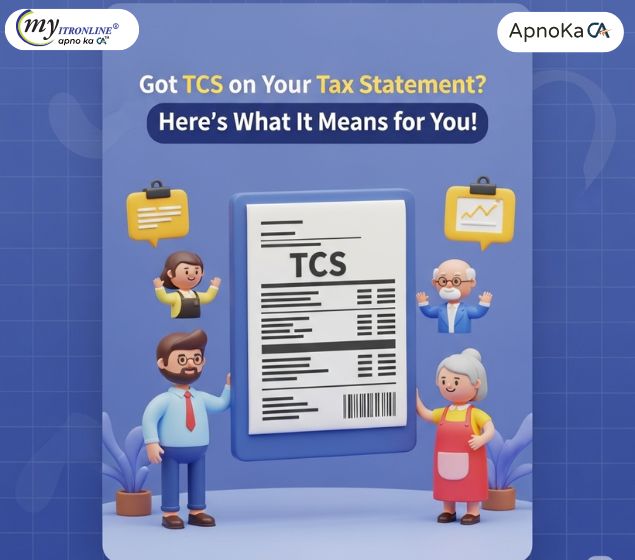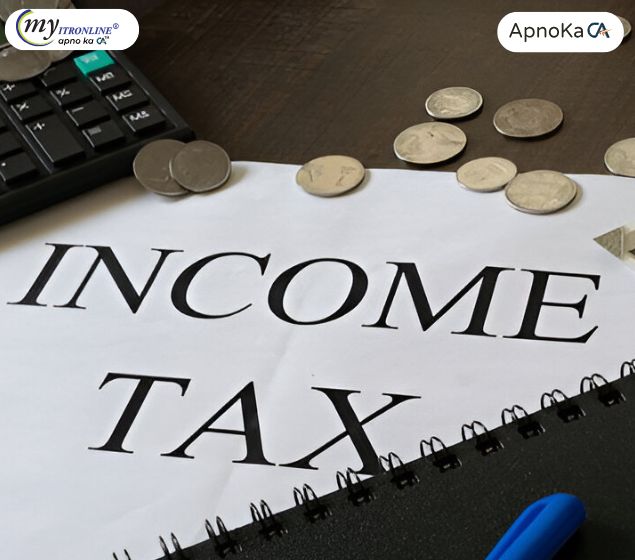# ai
12 posts in `ai` tag

Easy Guide: Selling Your House? How to Save Tax with Section 54!
This blog provides a simple guide to Income Tax Section 54, explaining how individuals and HUFs can save tax on long-term capital gains from selling a residential house by reinvesting in a new one. It covers the core conditions, timelines, and the use of the Capital Gains Account Scheme. The main focus is on the crucial update allowing exemption for investing in two houses (if capital gain is up to ₹2 Crore), emphasizing that this benefit can be used only once in a lifetime. The post highlights common pitfalls and advises on documentation and expert consultation.

Your ITR Filing Checklist for AY 2025-26: Essential Documents You Can't Miss!
This blog post provides a crucial checklist of essential documents required for filing Income Tax Returns for Assessment Year 2025-26 (Financial Year 2024-25). It details the importance and usage of key documents such as Form 16, Form 16A/B/C, Form 26AS, AIS/TIS, Capital Gains statements, and proofs for tax-saving investments/expenses (for the Old Tax Regime). The post emphasizes the benefit of early preparation for a smooth and error-free filing experience and includes a pro-tip for cross-verification. It concludes by offering MyITRonline's expert assistance for accurate and hassle-free tax filingYour ITR Filing Checklist for AY 2025-26: Essential Documents You Can't Miss!

New E-Way Bill 2.0: What You Need to Know
This blog post provides a comprehensive yet concise overview of the upcoming E-Way Bill 2.0 system, effective July 1, 2025. It highlights the core objective of ensuring business continuity through a dual-portal operation and real-time data synchronization. Key enhancements, including new service functionalities and API integrations, are detailed, along with the benefits for taxpayers and transporters such as zero downtime and increased efficiency. The post concludes with actionable advice for businesses to prepare for the transition.

Got TCS on Your Tax Statement? Here's What It Means for You!
This blog demystifies Tax Collected at Source (TCS) for taxpayers, especially for Financial Year 2024-25 (Assessment Year 2025-26). It explains what TCS is, lists common transactions where it applies (like motor vehicle sales, overseas tour packages, and foreign remittances under LRS), and details how TCS affects one's tax liability. The post guides readers on how to reconcile TCS entries using their AIS/TIS and claim the correct credit when filing their Income Tax Return, helping them ensure accurate tax compliance and avoid discrepancies.

Big Changes in Your Tax Report: All You Need to Know About the New Form 26AS (AIS)
This detailed blog explores the significant evolution of Form 26AS into the more comprehensive Annual Information Statement (AIS) and Taxpayer Information Summary (TIS). It breaks down the expanded scope of information, including various high-value financial transactions (SFT/AIR data) like property deals, mutual fund transactions, and cash movements, far beyond traditional TDS/TCS. The post emphasizes why these updates are crucial for enhanced transparency, simplified ITR pre-filling, proactive discrepancy identification, and reduced chances of scrutiny. It also provides clear instructions on how to access the new statements and actionable steps for taxpayers to ensure accurate reporting and compliance.
.jpg)
Don't Miss Out! Maximize Section 87A & Claim Every Deduction in Your FY 2024-25 ITR
Maximize your savings and simplify your ITR filing for FY 2024-25! Discover how to effectively utilize the Section 87A rebate and navigate the complexities of deductions under both the old and new tax regimes. This essential guide empowers you to make informed choices, accurately claim every eligible deduction, and confidently file your ITR to prevent any unwelcome tax notices.
.jpg)
Got an Income Tax Notice? A Salaried Professional's Definitive Guide
Receiving an income tax notification can be intimidating, especially for salaried professionals. This comprehensive guide demystifies the reasons behind income tax notices in India, detailing common types (like 143(1), 139(9), 143(2), 148, and 156) and providing a step-by-step approach on how to respond effectively. Learn about discrepancies in income/TDS, defective returns, high-value transactions, and best practices to prevent such communications.

Tax Alerts: 9 Essential Updates to ITR-1, ITR-2, ITR-3, ITR-4 for FY 2024-25
The Income Tax Department has notified updated ITR forms (ITR-1, ITR-2, ITR-3, ITR-4) for FY 2024-25 (AY 2025-26) incorporating several crucial changes. This blog details 9 important adjustments, including relaxed eligibility for ITR-1/ITR-4, mandatory TDS section reporting, removal of Aadhaar Enrolment ID acceptance, detailed disclosures for tax regime options, bifurcated capital gains reporting, new treatment for buyback proceeds, raised asset reporting threshold, additional requirement for disability deductions, and streamlined capital gains sections, all aimed at ensuring accurate and compliant tax filing.

CBDT Notifies IRFC Zero Coupon Bonds: Tax Impact for Investors
The CBDT has notified IRFC's Ten-Year Zero Coupon Bonds under the Income Tax Act, potentially making the maturity proceeds tax-exempt under Section 10(15)(iv)(h). This offers a significant tax advantage for long-term investors compared to non-notified bonds.

GST Appeal Withdrawal Waiver Scheme: Key Advisory Details for Taxpayers
This blog post provides a detailed analysis of the recent GST Advisory concerning the Appeal Withdrawal Waiver Scheme. It explains the scheme's purpose, highlights the significance of the advisory, outlines the expected key points including eligibility and procedure, details the implications of withdrawal, and offers actionable steps for taxpayers considering this option to resolve pending GST disputes.

How to Save Tax on Capital Gains: Key Exemptions and Step-by-Step Claim Guide
This blog explains the key exemptions available under India’s capital gains tax laws for FY 2025-26, including the latest updates from Budget 2025. It covers who can claim each exemption, how to utilize the Capital Gain Account Scheme, and the correct process for claiming exemptions in your income tax return.

CBDT Notifies ITR Forms 1-7 for AY 2025-26 (FY 2024-25): What Taxpayers Need to Know
The CBDT has notified the ITR forms (1-7) for AY 2025-26, incorporating changes from the Finance Act, 2024. This blog provides a comprehensive overview of the key modifications in each form, focusing on changes in capital gains reporting, eligibility criteria, deduction disclosures, and other compliance requirements to help taxpayers prepare for the upcoming filing season.
